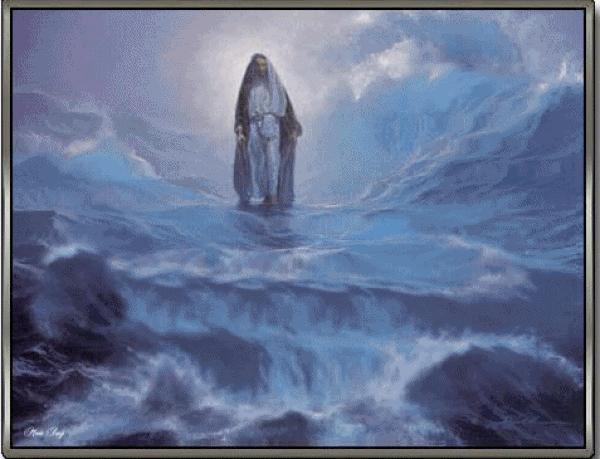The patient is like a discordant instrument which needs tuning. A successful healer must be an overflowing fountain of love and good-will. He makes ideal conditions present. The patient's mental background is like a sensitive plate, upon which will gradually appear outlines of health and harmony as positively presented.
This is no mere narrow professionalism. Every one should project thought-ministrations of ideals into other minds. We are thinking, not for ourselves, but for the world. Thoughts are positive forces. Even their unconscious vibrations go out in never-ending waves ; but when consciously projected with an aim, their impact upon the resonant strings of other minds stirs them to action. Every ego is a creative centre. Not that he forms anew, but brings something of the Universal into manifestation. Thought-energy, so cheaply valued and so aimlessly squandered, can be made infinitely more valuable than material treasures. We make ideals our own by holding them, and this both actualizes them and gives them to others. Material ownership has but one objective, but a single ideal can be held by thousands. Every owner, instead of consuming it, only makes it richer.
. . .
The highest inner consciousness is the Christ. He is unrecognized so long as we think of ourselves as flesh. He is found when we recognize the true spiritual ego. Blood represents the inmost quality, not the death, but the life. The resurrection is the lifting of the consciousness from the physical to the spiritual. The mind of Christ is the Saviour of humanity. It knows neither sin, disorder, nor death. It confers dominion over the dreams and illusions of mortal sense. It heals, restores, invigorates, and harmonizes, and is no less scientifically exact than religiously fitting. The divine likeness is at the soul-centre of man. Here is the manger where the Christ-consciousness comes to birth. Here the resurrection takes place when the stone of the lower self-consciousness is rolled away. " The kingdom of heaven is within you ; " and that kingdom includes wholeness, harmony, and health.
 HAS MENTAL HEALING A VALID
HAS MENTAL HEALING A VALIDScientific and Religious Basis?
BY HENRY WOOD
SUBSTANCE OF A PAPER READ BY INVITATTON BEFORE THE CLERGYMEN'S "MONDAY CLUB" (UNITARIAN MINISTERS OF BOSTON AND VICINITY) AT THE CHANNING BUILDING, BOSTON,
JUNE 3rd, 1895






























